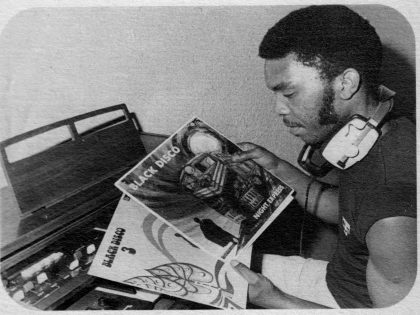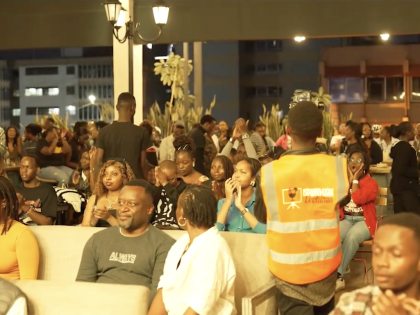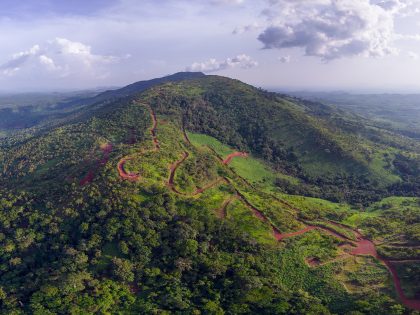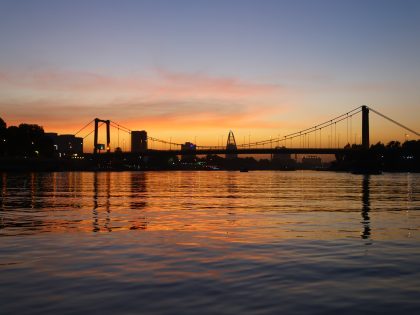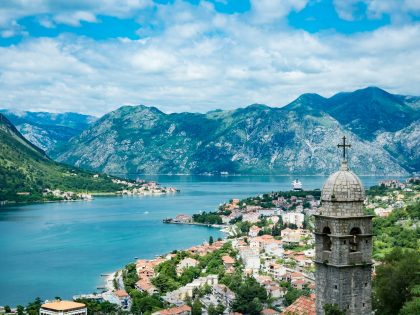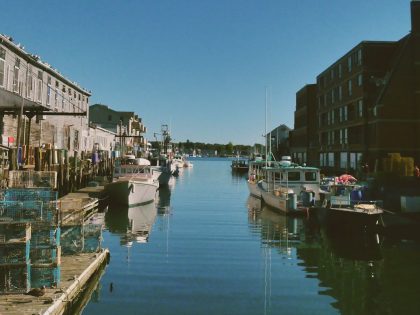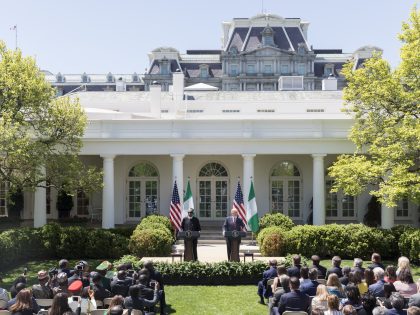Have some sympathy for the poor suffering bosses
Miners at multinational Lonmin platinum mine at Marikana in Rustenburg, South Africa, speaking to (South African) Sunday Times reporter Lucky Biyase:
‘Whenever we ask for a wage increase, these companies plead poverty and threaten us with retrenchments. This is because they don’t want to pay money to black people. Why work when you don’t get what you deserve?’ [The workers are] are aware of the failing platinum price, but … mining companies were reaping the consequence of their greed. Management rewarded themselves, while workers sweated … Workers needed to be more militant because the mining companies could afford the 60% increases demanded. ‘Yes, the targeted metal is platinum, which has experienced a fall in prices, but there are other commodities in the process of mining platinum’ … These included nickel, palladium, rhodium, copper and even gold’ … This made the companies complaints about falling prices ‘nonsensical.’ ‘They can afford this percentage. If they want to close the mines, so be it. We will reorganize our lives.
* No hyperlink; password protected.









